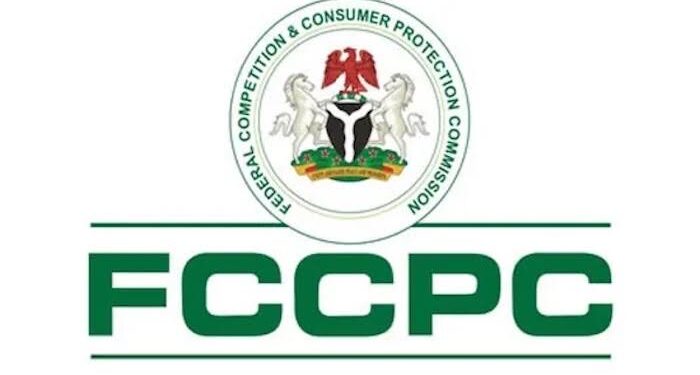The Centre for Promotion of Private Enterprises (CPPE) has urged the Federal Competition and Consumer Protection Commission (FCCPC) not to pursue price control policies to counter inflationary pressures.
CPPE founder Muda Yusuf gave the advice in a statement in Lagos on Sunday, expressing concern over the FCCPC’s approach, methodology, and recent threats against market leaders, traders, and supermarket owners.
He said the approach appears as if the FCCPC has unintentionally turned into a price control agency rather than a consumer protection commission.
“Consumer protection is not about directly seeking to control price at the retail end of the supply chain, and this is why the CPPE is concerned about the FCCPC’s approach.

“The commission seems to be fighting the symptoms rather than dealing with the causes of the current inflationary pressure in the economy,” he said.
Yusuf said that theoretically and empirically, the best way to protect consumers from exploitation is to enthusiastically promote competition between sectors.
According to him, the experience of the telecommunications sector supports this position.
Yusuf said the focus should not be on pricing, but on deepening competitive culture and practices, and a level playing field for all investors.
He noted that intense competition makes profiteering more difficult and reduces the chances of consumers being exploited.
“The retail sector of the economy is characterized by a multitude of players as there are an estimated eight million retailers in the trade sector of the Nigerian economy.

“The truth is that the retail segment of the economy is the least vulnerable to price gouging or consumer exploitation on a sustainable basis, contrary to the thinking of the commission.
“The reality is that the risk of profiteering increases with monopoly powers. This is why the attention of the commission should be focused on creating a good competition framework to deepen competition across sectors,” he said.
The CPPE head called on the FCCPC to properly understand price trends and major inflationary drivers, such as the devaluation of the naira and high energy costs.
“Our view is that the proposal by the FCCPC to traverse markets across the country with the objective of ensuring price regulation is unlikely to yield concrete outcomes, and this is not a sustainable strategy.
“What we need to fix are the fundamentals driving production, operating, and distribution costs, which resulted in spiraling inflation in the first place.
“The commission needs to be more diligent and thorough in its analysis before alleging consumer exploitation by the trading community,” he said.
The CPPE head also appealed to the FCCPC to refrain from further intimidation of retail sector operators, most of whom are micro-enterprises and many of whom work in the informal sector.
He said if the trend continues, there is a risk of market suppression and stifling of private businesses by the FCCPC, increasing regulatory risks to the Nigerian economy and negatively impacting investor confidence.
Yusuf called on the Commission to collaborate with other government agencies to address the root causes of inflation in the economy.

































